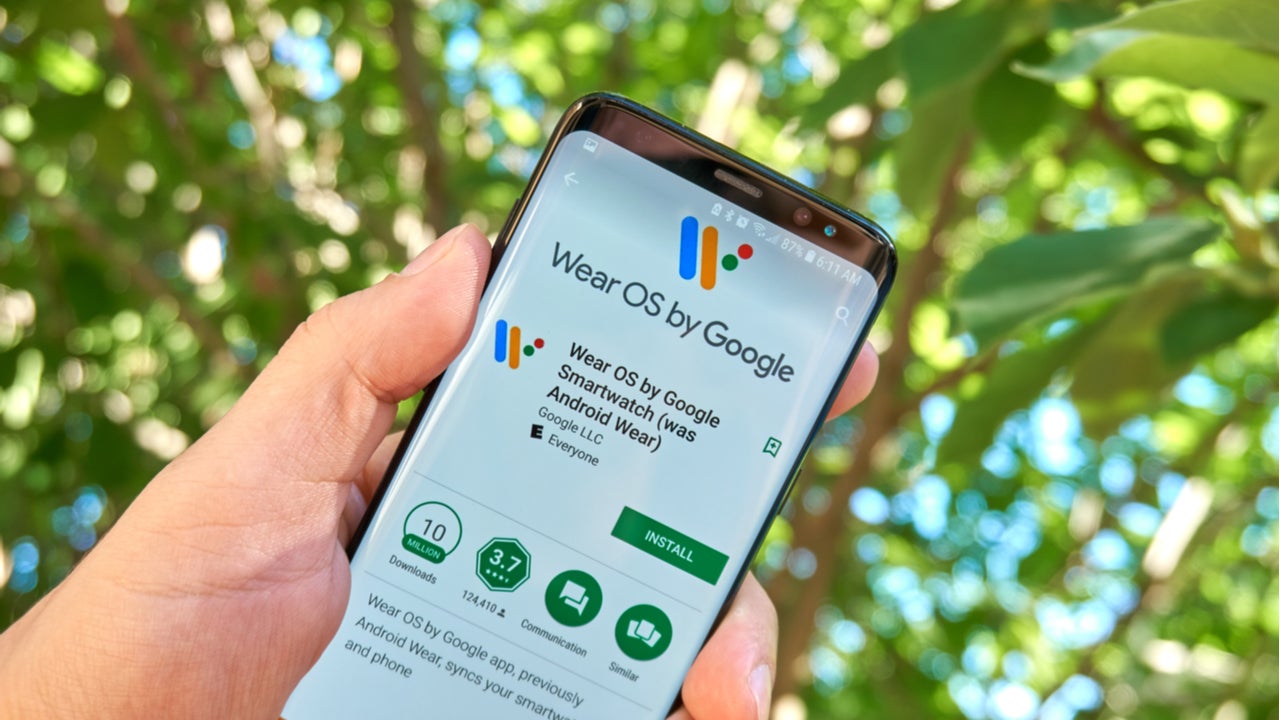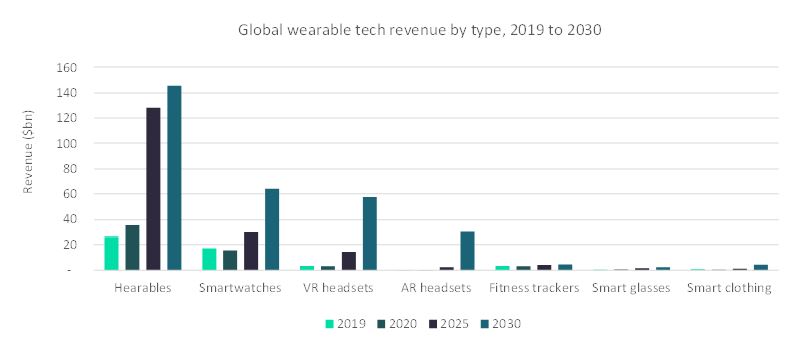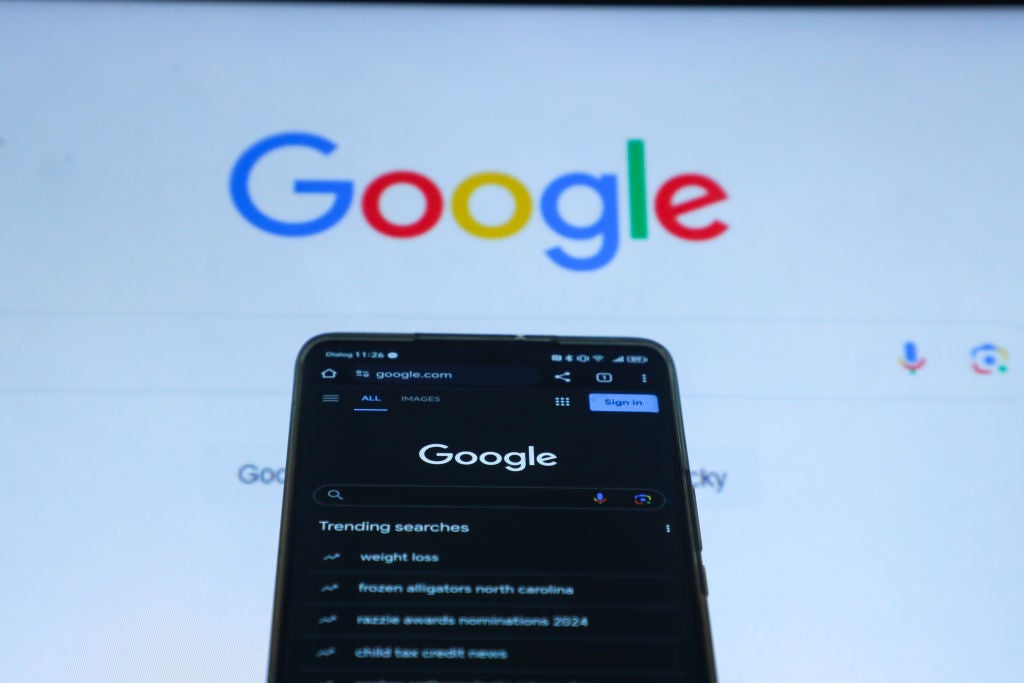
At its I/O 2021 developer conference, Google announced a new smartwatch operating system (OS) co-developed with Samsung. The OS, called Wear, combines Google’s Wear OS and Samsung’s Tizen OS. This partnership could be a winning strategy for both companies. Google could finally get a foothold in the global smartwatches market, while Samsung will add a range of apps to its devices. The new OS also promises benefits to the smartwatches industry, especially app developers and makers of Wear OS-based smartwatches.
Both companies are addressing the core issues with their existing platforms
Google’s Wear OS has typically been seen as underperforming compared to Apple’s market-leading watchOS. Partnering with Samsung will allow Google to address core issues such as app performance, battery support, customer experience, and health features. It claims that the Wear platform will offer up to 30% faster app performance, longer battery life, easy toggling between apps, and new aesthetics. It will also integrate Fitbit’s fitness service, including all-day health tracking, thanks to Google’s acquisition of Fitbit.
Samsung’s Galaxy smartwatches currently run on its Tizen OS, and the company has invested heavily to improve features like fitness-tracking, battery life, and aesthetics. While Samsung is helping Google integrate these features in the Wear platform, it is also addressing a critical issue on its smartwatches, namely apps.
Galaxy-series watches have frequently been criticized for limited app support. With Wear, Galaxy Watches will get access to the Google Play Store and Android apps like YouTube Music, Google Maps, Fitbit Health Solutions, Google Pay, Gmail, and Spotify. This will improve both the functionality and market appeal of the devices.
Why are the companies focusing on smartwatches?
Smartwatches currently represent the second largest segment in the wearable tech industry, behind hearables. GlobalData forecasts that the global smartwatches market will be worth $64bn by 2030, up from $15bn in 2020.

How well do you really know your competitors?
Access the most comprehensive Company Profiles on the market, powered by GlobalData. Save hours of research. Gain competitive edge.

Thank you!
Your download email will arrive shortly
Not ready to buy yet? Download a free sample
We are confident about the unique quality of our Company Profiles. However, we want you to make the most beneficial decision for your business, so we offer a free sample that you can download by submitting the below form
By GlobalDataApple holds the lion’s share of the smartwatches market. Google’s involvement is mostly based around Wear OS, which it licenses to several smartwatch hardware makers. The company had no smartwatch hardware of its own in the market until it acquired Fitbit for $2.1bn.
Samsung’s Galaxy smartwatches are second behind Apple in both revenue and shipments, and the devices cannot match Apple’s Watch range on either apps or hardware-software integration. Samsung’s failure to add features such as electrocardiograms and oxygen sensors has also slowed its growth.
The Wear OS platform will benefit the Android-based smartwatch industry
Following the launch of Wear, smartwatch app developers will only need to focus on one Android-based platform when building apps. This will reduce their time, efforts, and expenses and allow them to market the apps on smartwatches built by Samsung and Google’s existing hardware partners, like Fossil, Casio, and TAG Heuer, among others.
These hardware partners have struggled to add customizable user experience to their smartwatches, as Wear OS does not offer such flexibility, but Wear will feature customization capabilities. This should help partners differentiate their devices in the market.
Ultimately, Google will position Wear as the prime challenger to Apple’s watchOS, just as Android competes with iOS in the smartphone market. With Samsung as a partner, Google’s competitive position in the smartwatch OS space has improved substantially.








Related Company Profiles
Fitbit Inc
Spotify AB
Apple Inc
Google LLC